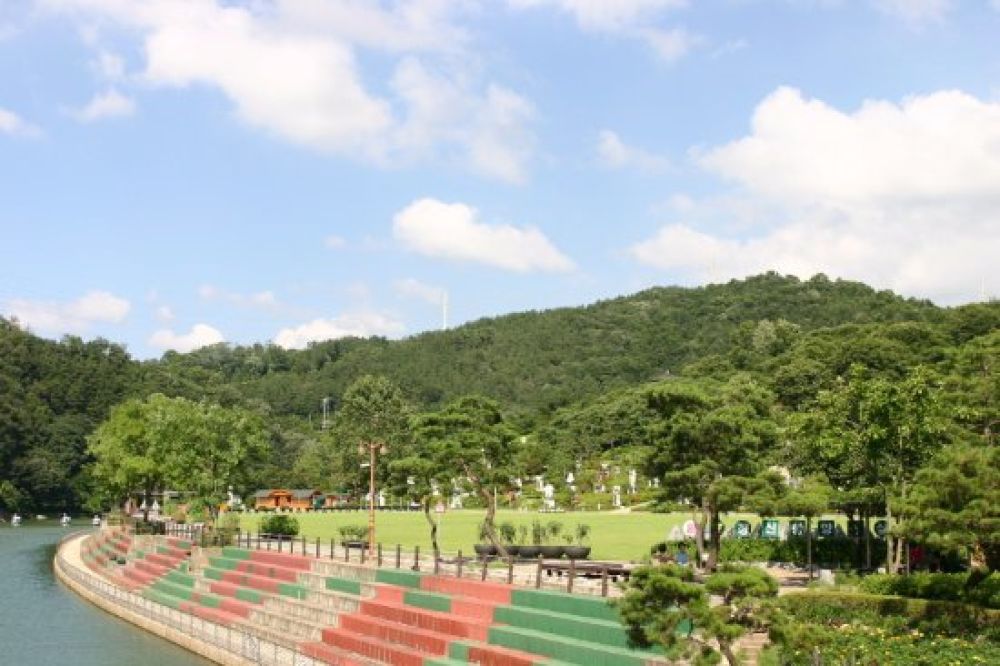

Ppuri Park is a cultural park located in Daejeon, South Korea dedicated to celebrating family ties and ancestral roots. The park is well-known for its unique theme that revolves around filial piety and respect for ancestors, making it a significant destination for both local and international tourists interested in Korean culture and traditions.
The inception of Ppuri Park as a tourism destination dates back to its opening in 1994. The park was established with the intent to provide a space where people could honor their family lineage and pay homage to their ancestors. Over the years, the park has not only preserved but also educated visitors about Korean customs and the importance of family values.
Initially attracting locals, over time its fame grew, drawing in tourists from different parts of South Korea and beyond. The park is home to a multitude of sculptures and monuments, each symbolizing various family names and ancestral stories which offer a unique experience unlike typical recreational parks or historical sites.
One of the key features of Ppuri Park is the display of hundreds of stone totems, known as Jangseung and Sotdae, which were traditionally used to mark village boundaries and to scare away evil spirits. These artifacts give insight into age-old Korean practices. Furthermore, the park organizes educational programs and cultural events, particularly on national holidays, to teach younger generations and tourists about the Korean tradition of honoring one’s ancestors.
In recent years, there has been a surge in interest towards experiential and educational tourism. Tourists are increasingly seeking authentic cultural experiences that offer a deeper understanding of the heritage and traditions of the places they visit. Ppuri Park fits well into this trend, providing a hands-on journey into the familial and societal structures of the Korean heritage.
With the rise of social media, tourists now share their experiences at heritage sites like Ppuri Park online, thus inspiring others to visit and learn about Korean customs. The park has also adapted to this digital trend by maintaining a presence on various platforms to engage with a younger, tech-savvy audience.
To cater to international tourists, Ppuri Park offers a range of facilities and services. There are guided tours available in multiple languages, and plaques and information boards throughout the park are often bilingual. Easy accessibility, picnic areas, and cultural exhibits provide a comforting and insightful experience for all ages.
Travelers to Ppuri Park should plan their trip in advance, especially if they intend to visit during a national holiday or a cultural festival, as the park can become particularly busy during these periods.
Whether to respect the historic roots of one's family or to delve into the profound depths of South Korean culture, a visit to Ppuri Park is an enriching journey through time, tradition, and the importance of familial bonds in Korean society.